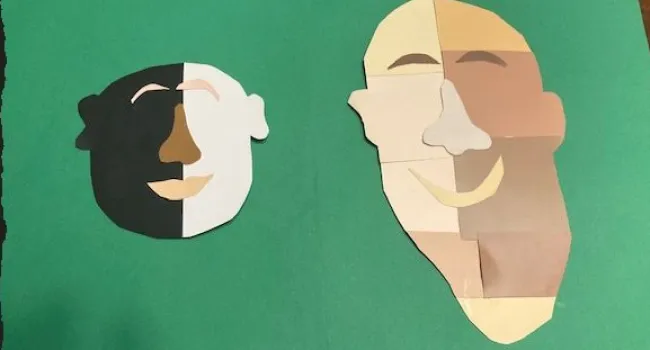
Lesson
Through various readings, activities, discussions, and projects, students will begin to understand WHY different skin colors have developed over hundreds of centuries, and how these differences relate...
Grade(s): 1
Subject(s): Science
Year: 2014

Lesson
Through various readings, activities, discussions, and projects, students will begin to understand WHY different skin colors have developed over hundreds of centuries, and how these differences relate...

Lesson
The students will ask and answer questions about invertebrates. They will make and test their own predictions and communicate their findings with others.

Lesson
This year, Thursday, May 21st will be the official celebration date for "ENDANGERED SPECIES DAY." (It is now observed annually on the 3rd Friday in May.) Why would we need an official day to study the...

Lesson
Students will learn how many pollinators use their sense of smell to navigate to different flowers and plants.
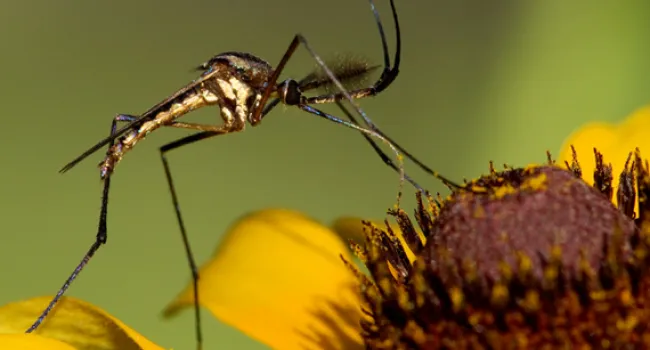
Lesson
Students will learn about mosquitoes, their life cycle, and how they act as pollinators.
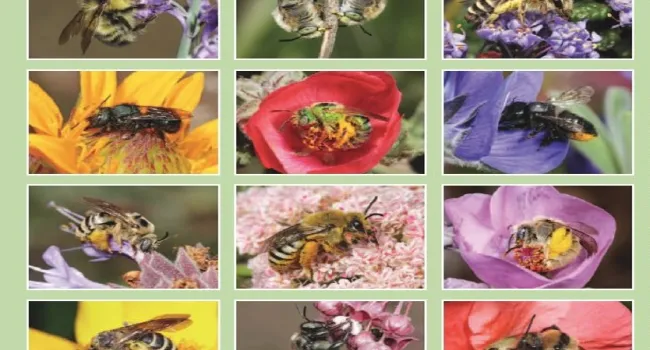
Lesson
Students will learn there are many different types of bees that provide us with different products through pollination. They will also learn about the parts of bees and their life cycle.
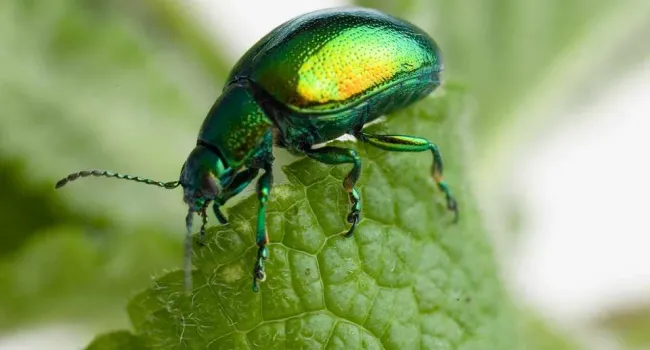
Lesson
Students will learn about beetles as pollinators and some of the interesting characteristics they use to find resources.
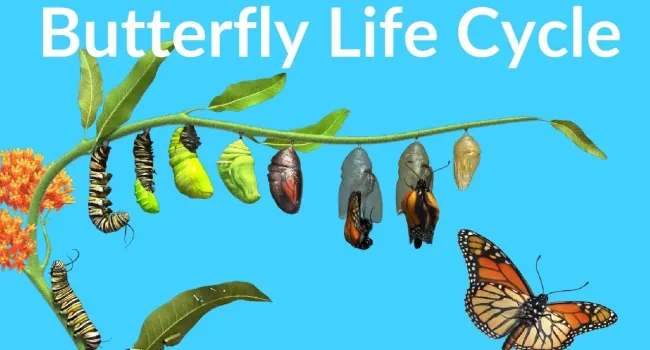
Lesson
Students will examine the concept of metamorphosis and how it is related to the butterfly life cycle. Students will understand why each stage in the butterfly life cycle is important. Students will...

Lesson
Creating slime is a trending hobby for young children. Although it is messy, it is a great tool to help with fine motor skills and even science and engineering. The problem with slime is that it...